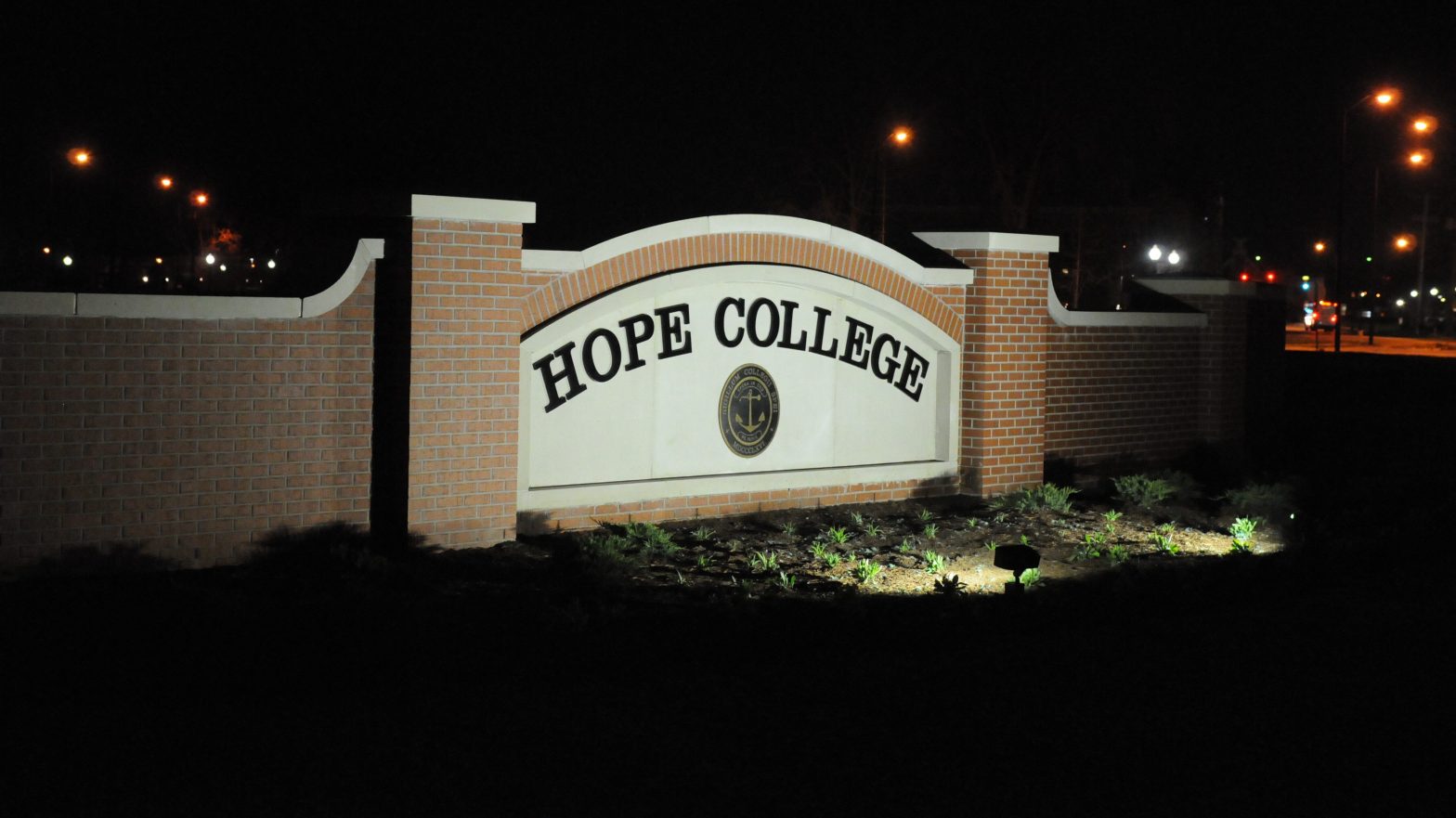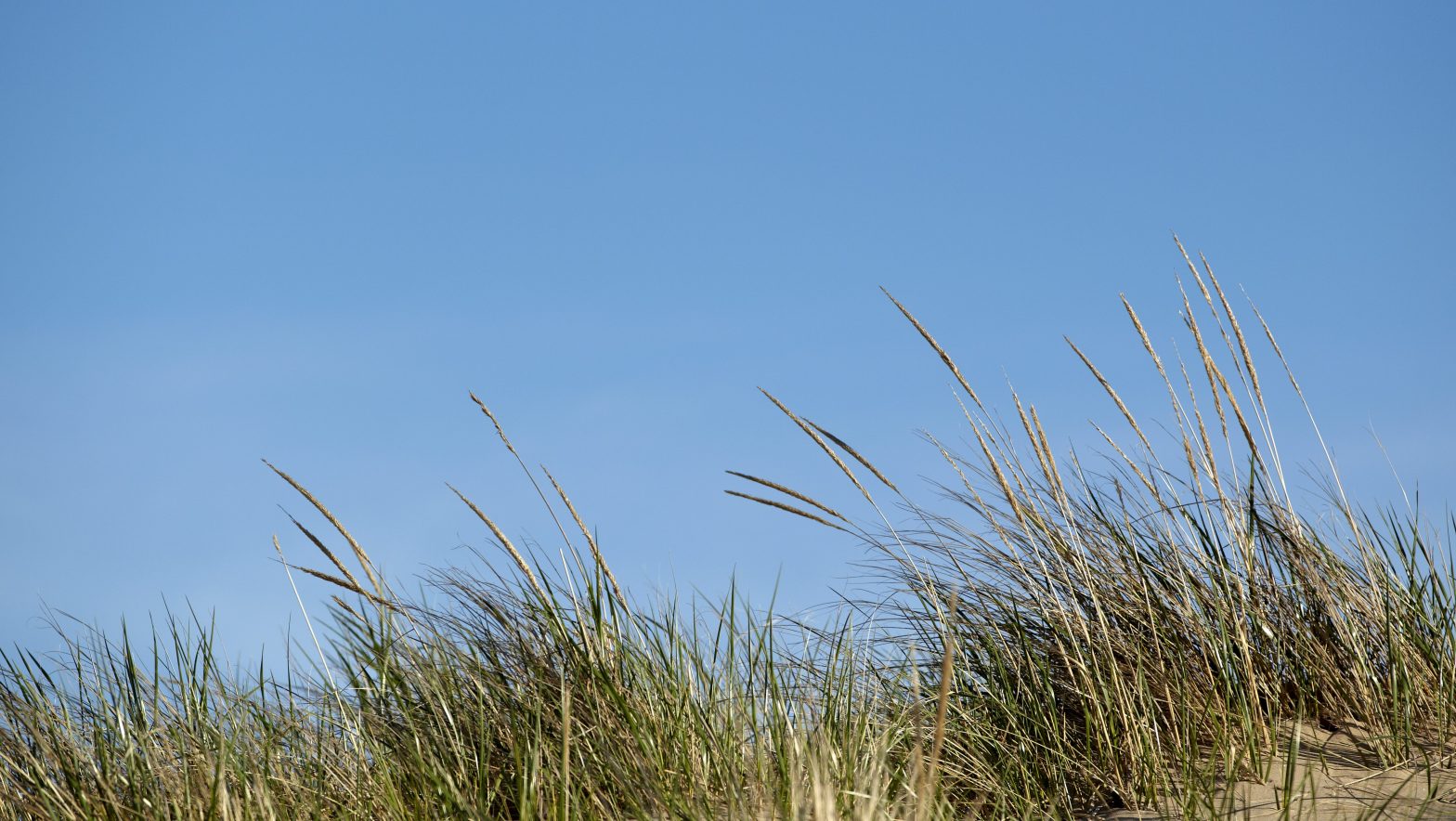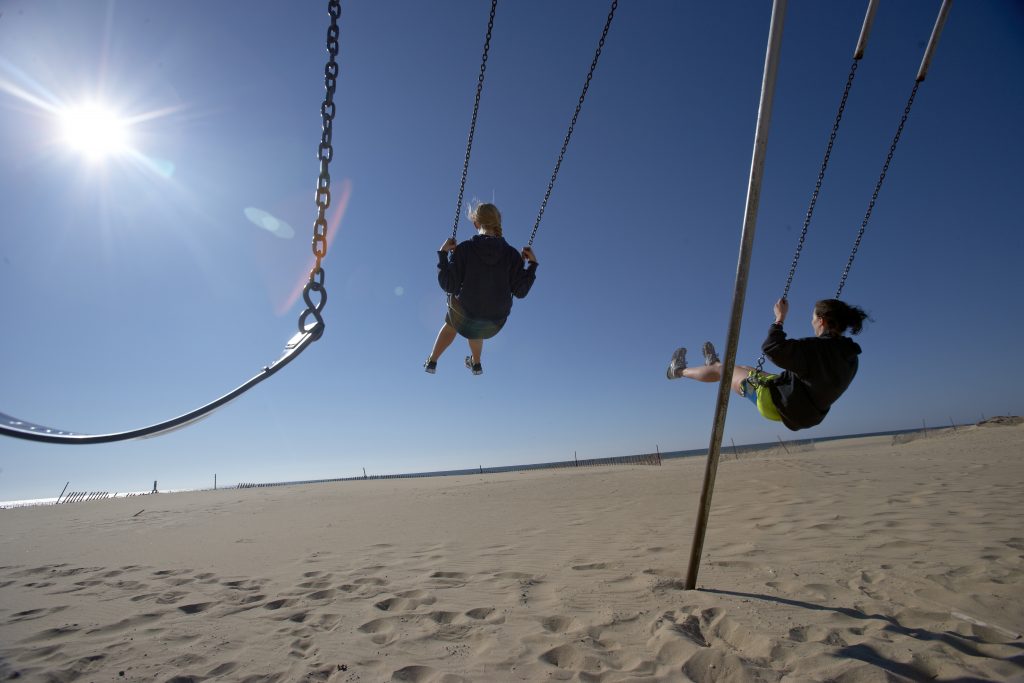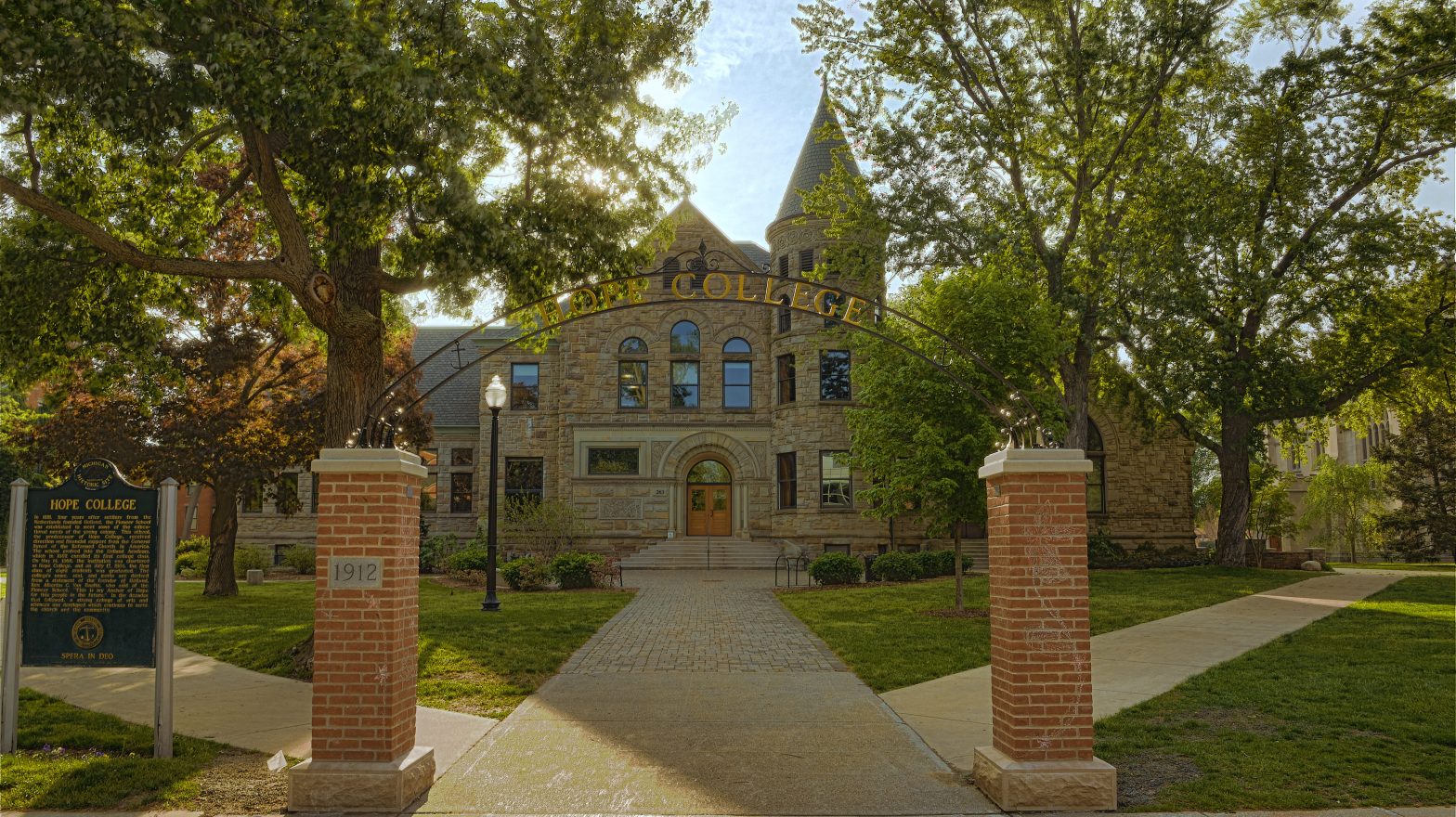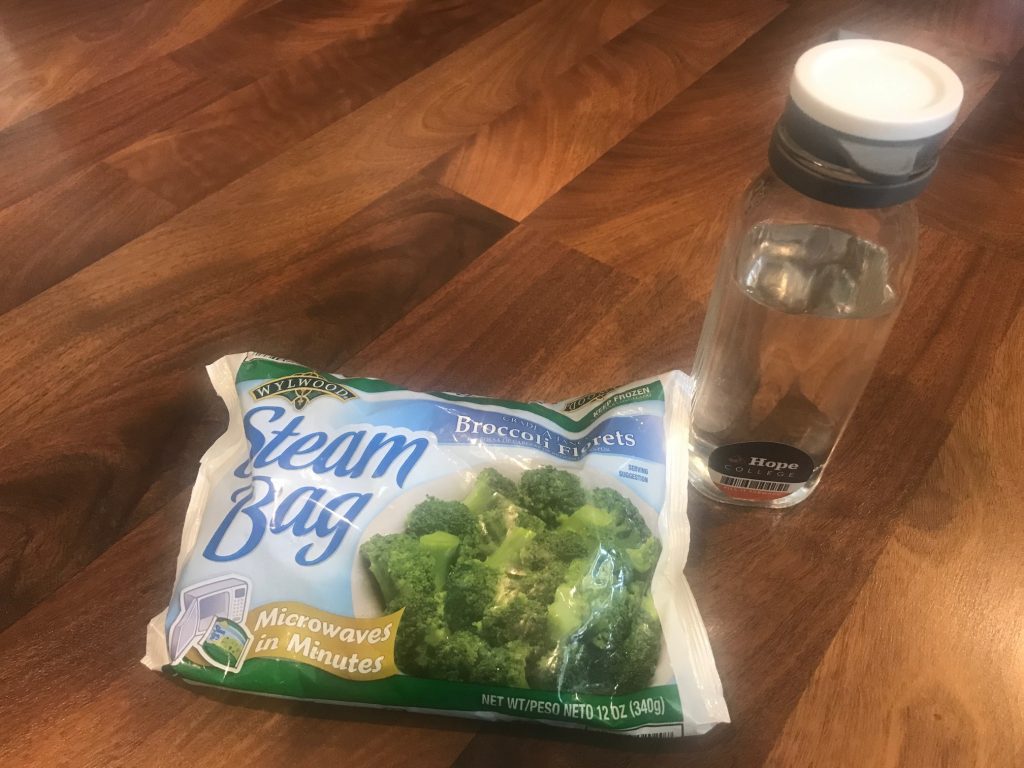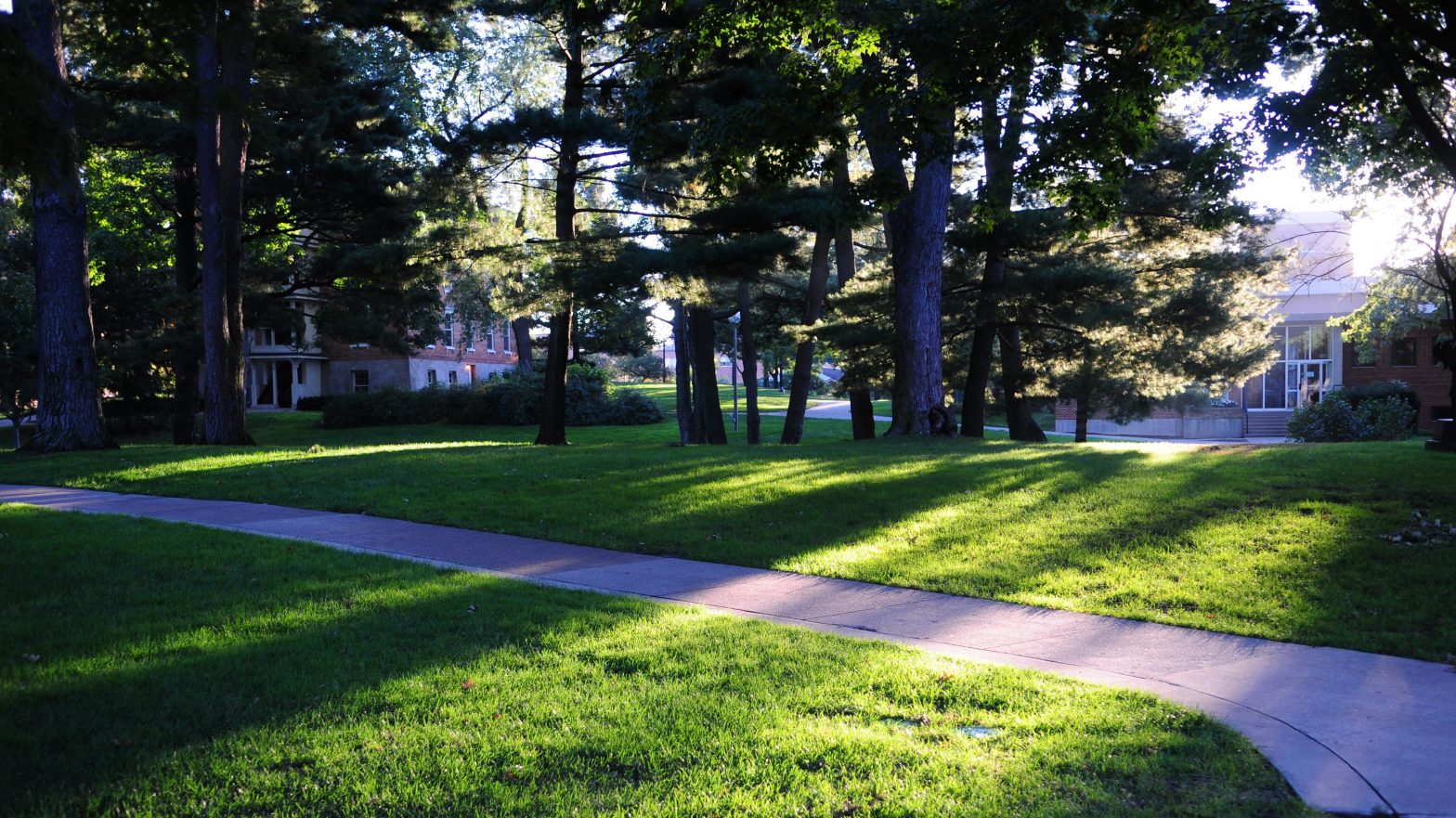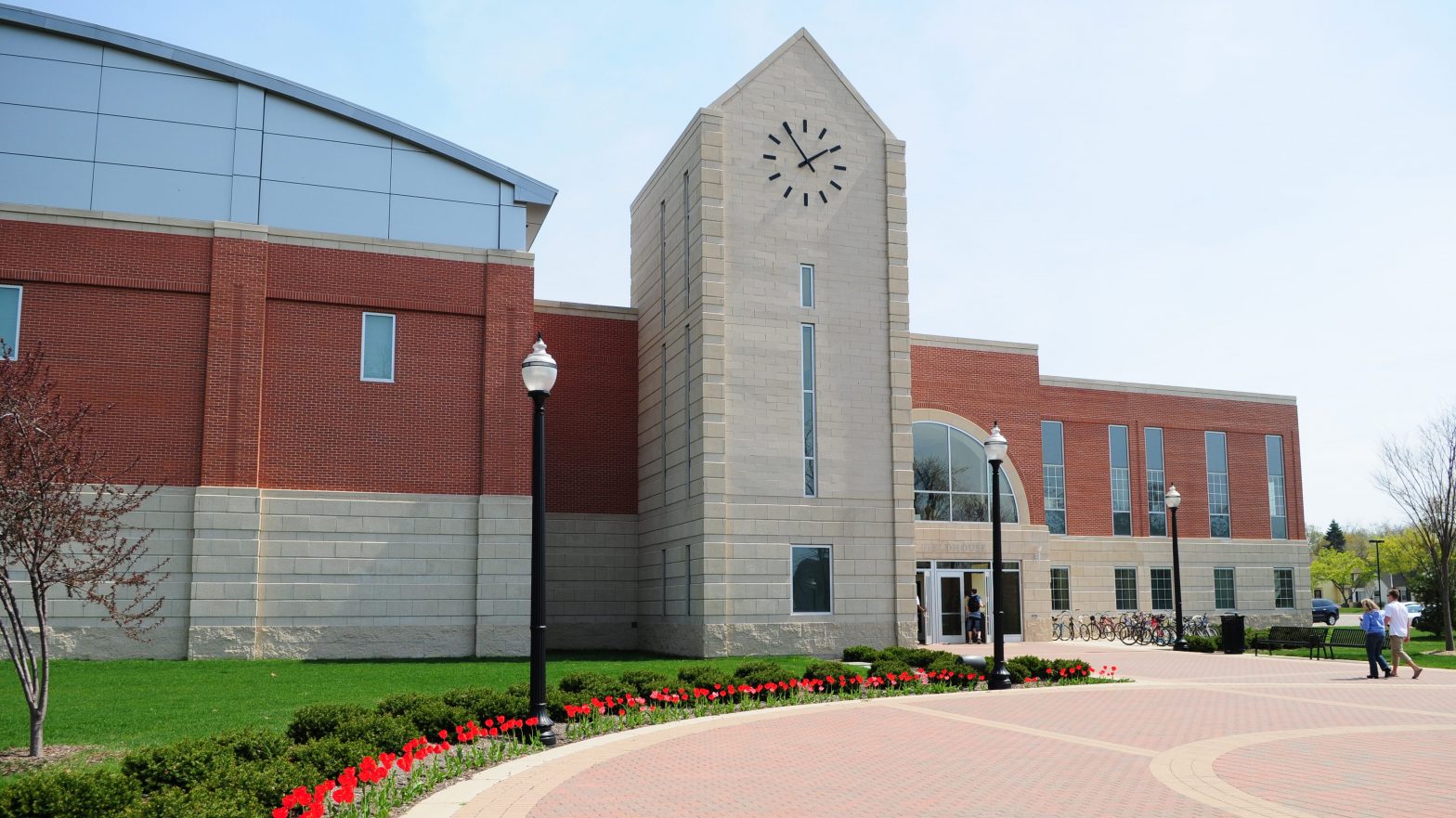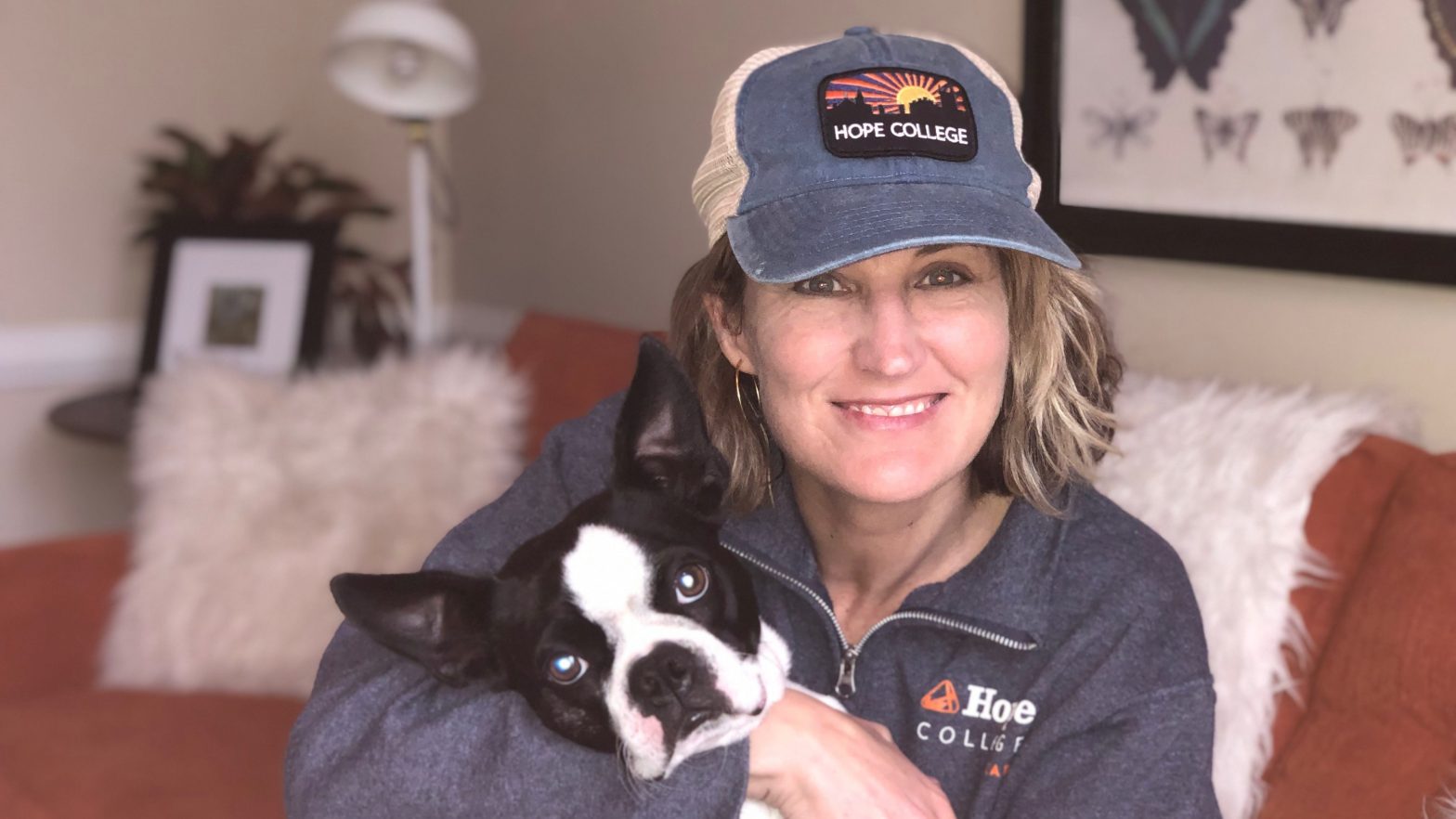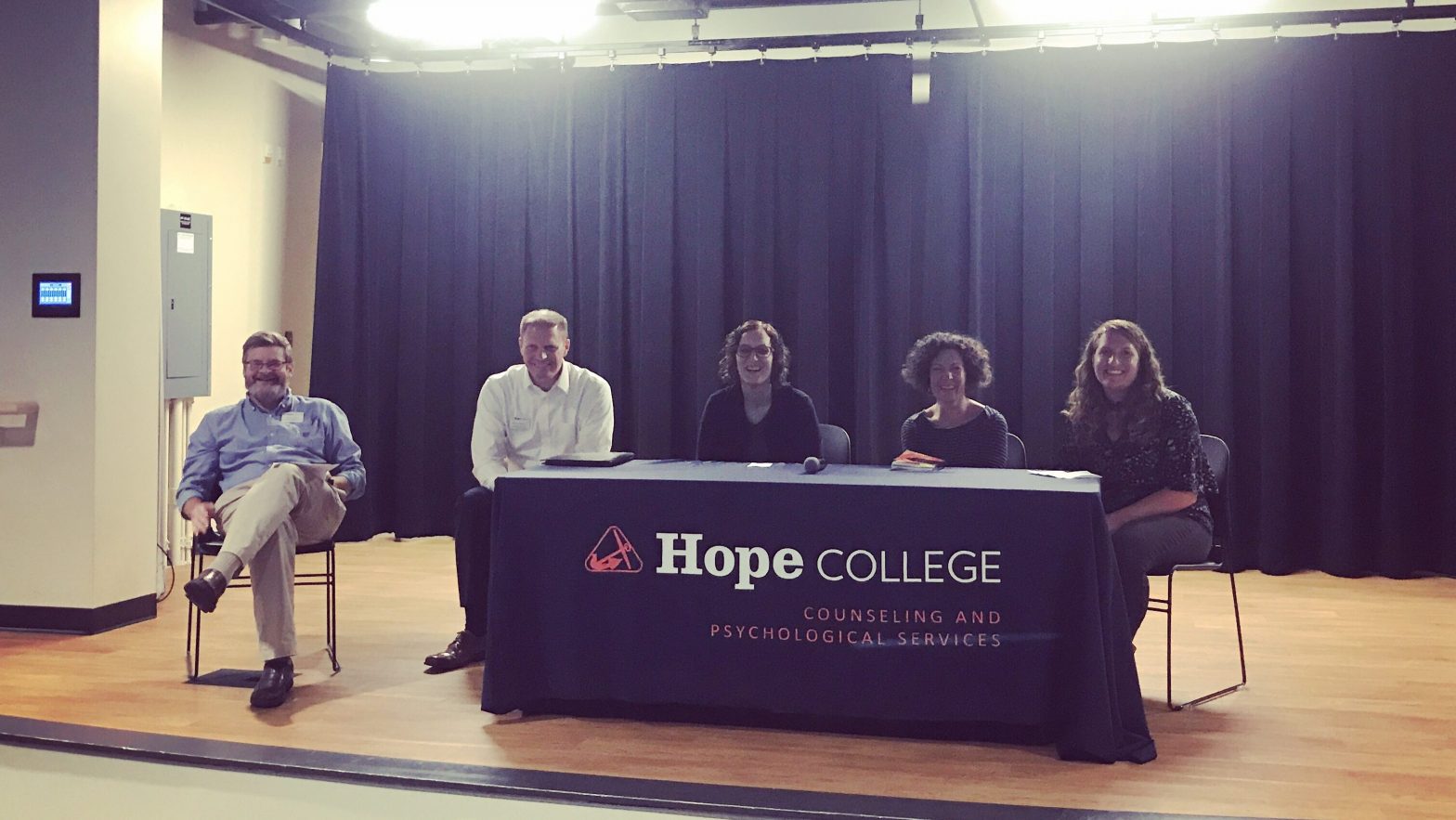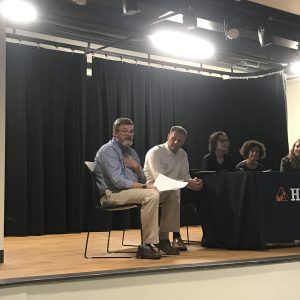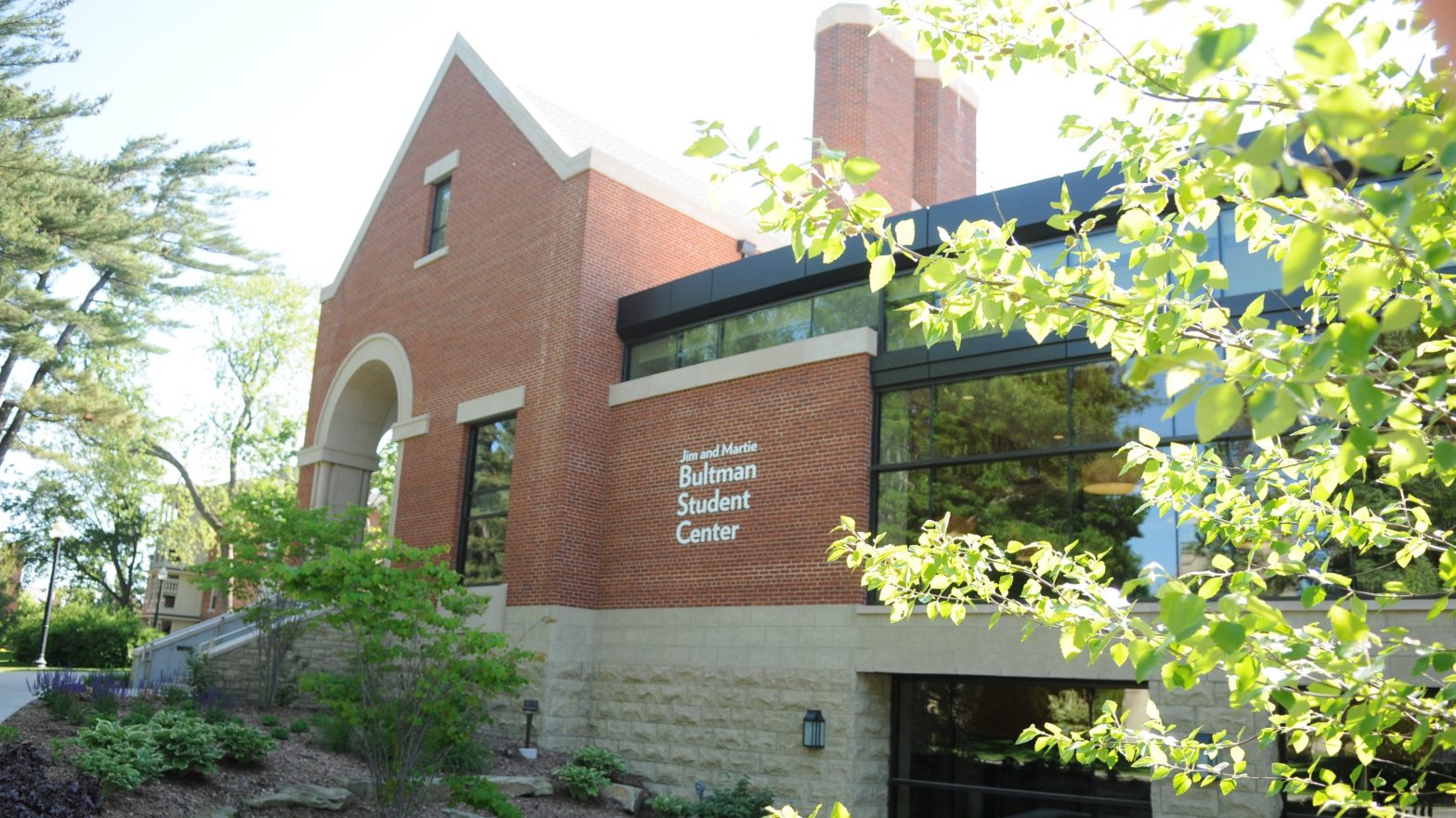Tim Koberna is the Head Athletic Trainer and an Assistant Professor of Kinesiology at Hope College. He is passionate about student resiliency and grit, and approached CAPS about ways to collaborate to support all Hope students–in particular, the approximately 600 student-athletes–during this time. In that spirit, he writes the following to the Hope community in his third of three posts this semester.
As we near the end of the semester, it is important to reflect on what we are learning from COVID-19 as Hope College community members. Each of us has been affected by this pandemic in different ways and to varying degrees. There are three variables that I believe will stay with us as we continue to navigate through this process.
- We as a campus community have been forced to become more agile–more spirited–not only when completing academic work but also with communication.
- We are learning more about empathy and different ways we express within our relationships.
- Lastly, we are reminded to be a “people first” family at Hope College.
Please allow me to briefly elaborate on each of these.
Improving agility
In my day-to-day work as an athletic trainer, I work closely with student-athletes who are continually working on becoming more agile and athletic as it relates to their individual performances. This involves a number of qualities to master. Individuals first need the desire and motivation, followed by a support mechanism (coaching), and they need to be tested. Over the course of the second half of the semester the Hope College community (students, administration, and faculty and staff) has become more agile to battle the COVID-19 outbreak. Our faith, our GRIT, and our determination are prevailing, the fight is not over, and we will continue to persevere through whatever challenges are ahead of us.
Increasing empathy
Empathy is defined as “the ability to sense other people’s emotions, coupled with the ability to imagine what someone else is feeling.” COVID-19 has forced each of us to accelerate the time and effort it takes to understand the how and why of being empathic. With so much of our communication occurring virtually, we have to go the extra mile to reach out and consider how another person is coping. Author Justin Bariso, author of EQ Applied: The Real- World Guide to Emotional Intelligence, wrote an article for INC.com entitled “There Are Actually 3 Types of Empathy. Here’s How They Differ—and How You Can Develop Them All.” In his article, he gives descriptions of the types of empathy to remind us how to build stronger and healthier relationships.
Investing in others
The mantra “people first” has been reinforced in schools, businesses and churches all over the world in the wake of the pandemic. To think that we, as a college community, will come out of this adversity with stronger communication, and a deeper appreciation for one another and the campus, should be one element of hopefulness to COVID-19. Dawn Delgado, LMFT, CEDS-S, EMDR is the author of an article in Psychology Today entitled “In Search of the Silver Lining of COVID-19.” In it, she discusses the ways we have become better connected with one another, more grounded, and more resilient through all this. She also discusses the potential for post-traumatic growth beyond our pre-pandemic level of functioning.
Take time to reflect on what we are learning from COVID-19 and be encouraged by what lies ahead for all of us–a brighter Hope.
This pandemic will pass, and our Hope College community will be stronger because of it. We are improving our agility, increasing in empathy, and investing in others as the days and weeks go by. We work hard at those things because we believe that a brighter Hope lies ahead.
#BeStrongBeTrue
#KeepingHope

Don’t miss the previous two CAPS Guest Blogs by Tim Koberna this semester!


